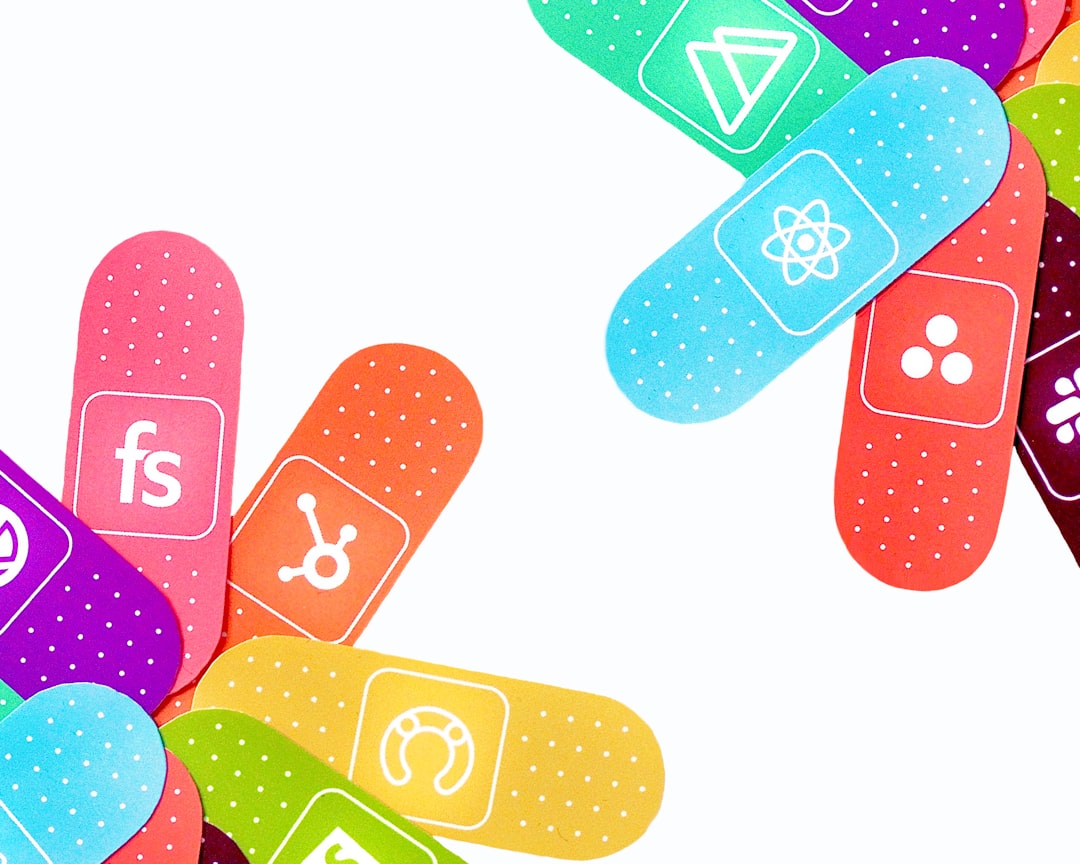Imagine you’re walking into your favorite coffee shop. The barista already knows your order, and it’s ready as soon as you step up. That’s how caching works for websites—returning saved info so you get your content faster. But what if the shop gave you someone else’s order by mistake? Oops! Sometimes, not caching a page is the smarter move.
TL;DR
Caching helps websites load faster by showing saved versions of pages. But some pages should stay fresh, like shopping carts or private dashboards. Knowing what to exclude keeps your content accurate and secure. Cache what’s meant for everyone—skip the personal stuff!
What Is Caching?
Before we dive into when to exclude pages, let’s quickly cover what caching actually does.
When someone visits a website, caching stores a copy of the page. Next time someone visits, that copy loads faster than re-creating it from scratch. It saves time and server resources.
Why You Should Cache (Almost Everything)
Speed is key online. People get antsy when sites take more than 2 seconds to load. Caching helps deliver pages in a flash. It’s super handy for:
- Blog posts
- Landing pages
- Product listings
- Static content like company info
Everything here is the same for everyone—no need to rebuild it every time.

But Caching Isn’t Always Good
Some pages should not be the same for everyone. Imagine logging into your account and seeing someone else’s name. Yikes!
Those are the pages you want to exclude from caching.
Pages You Should Exclude from Cache
Here are the types of pages that usually don’t play nicely with caching:
1. User-Specific Pages
These include anything that changes based on who is visiting. Like:
- Account dashboards
- Order history
- User profiles
Caching these can cause major mix-ups. Show the right data to the right human.
2. Shopping Carts
Think about it—no one wants to see items they didn’t pick. A cached cart might show a mix of different customers’ products.
Messy and confusing! Always exclude shopping carts from caching.
3. Checkout Pages
This is where people enter sensitive data like their credit card and address. It needs to be protected and 100% up-to-date.
Never cache these. Ever.
4. Search Results
Search pages change based on keywords or filters. Caching them means everyone would see the same results, which defeats the purpose.
5. Admin Pages
Anything in the site’s backend should definitely stay fresh. Caching admin dashboards or CMS pages can mess with content updating and control.
6. Dynamic Forms or Submissions
Contact forms or surveys? Don’t cache them! You risk losing data or showing outdated confirmation messages.

How to Exclude Pages from Cache
Good question! Most caching plugins and systems let you set exclusions easily.
Here are a few simple options:
- Paths: Exclude URLs like
/cartor/account - Cookies: If a user is logged in, skip caching
- Query Strings: URLs with search terms or filters can be excluded
Many tools like WP Rocket, W3 Total Cache, and Cloudflare have these built-in.
When You Shouldn’t Exclude from Cache
You don’t want to go overboard excluding everything. That defeats the purpose of caching!
Avoid excluding pages just because they feel “different.” Make sure they really:
- Contain personal or sensitive data
- Change on user interaction
- Need to stay fresh at all times
A Few Pages Safe for Caching Even If They’re Dynamic
Some pages might update often but are fine to cache because they update globally. For example:
- News articles (can clear the cache when updated)
- Product guides and FAQs
- Event listings
If it’s the same for everyone, keep it cached!
Pro Tips
Want to become a cache wizard? Try these bonus strategies:
- Cache by device: Serve mobile and desktop versions separately
- Use cache warmers: Preload your most popular pages so they’re always ready
- Set cache expiry rules: Keep it short for pages that change often
Common Mistakes to Avoid
Let’s wrap up with things you don’t want to do.
- Never cache login pages. That’s a recipe for a security disaster
- Don’t forget query strings. Sometimes filters don’t show results correctly if cached
- Watch A/B testing tools. Different versions of your page might get cached together
Final Thoughts
Caching is awesome—but only when it’s done smartly. It can turbocharge your site, or turn it into a confusing mess if used wrong.
As a rule of thumb:
- Cache public, unchanging pages
- Exclude private, user-specific pages
Keep your site fast and accurate. The best of both worlds!